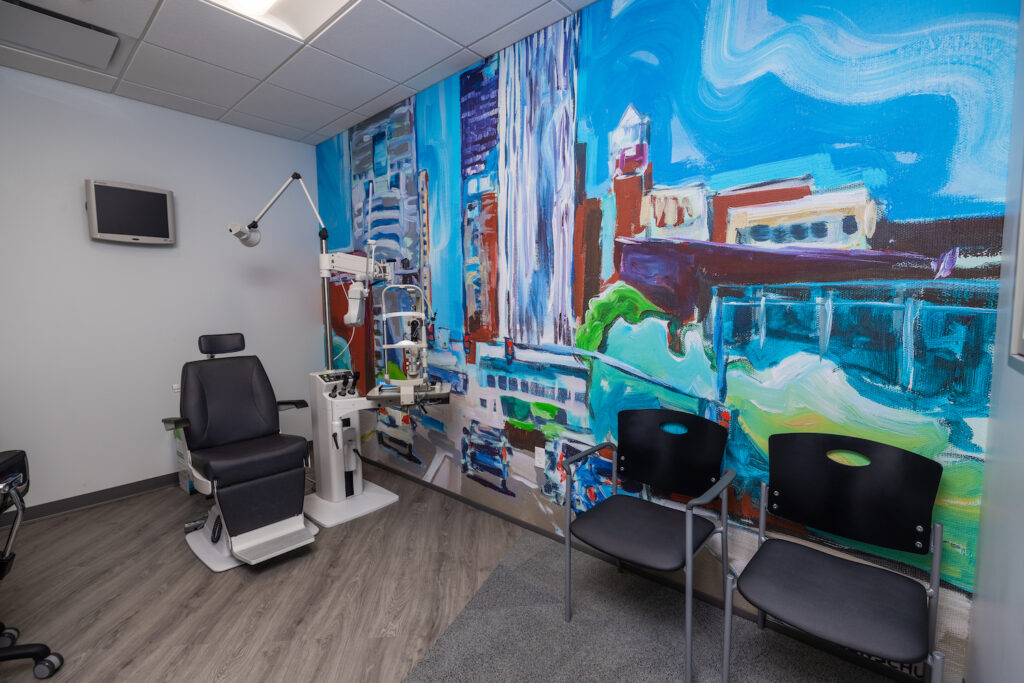Comprehensive eye exams are an important part of caring for your eyes, vision, and overall health. Many of us believe that if we can see well, we don’t need to visit an eye doctor. While good vision is clearly important, an eye exam does more than test your eyesight. Your eyes offer a glimpse of your overall health. Many diseases show early signs in the eyes, including cardiovascular health and diabetes.
A Comprehensive Eye Exam assesses eye health and vision
Your Elite Eye Care doctor checks for:
- Refractive error: nearsighted, farsighted or astigmatism
- Focusing problems, including presbyopia
- Functional vision problems, such as learning related vision issues, strabismus, amblyopia and binocular vision dysfunction
- Eye conditions, such as cataracts, macular degeneration, glaucoma and diabetic eye disease
- Other diseases, such as high blood pressure or high cholesterol, can often be detected in an eye exam.
At the end of the exam, your Elite Eye Care doctor discusses the results, next steps, and any necessary recommendations for care or treatment.
How A Comprehensive Eye Exam Differs From A Routine Eye Exam
While many people believe these exams are the same, they’re not. A routine exam focuses on identifying if you suffer from a vision impairment. As discussed, a comprehensive exam takes a deeper look at your eye health and how it can affect your overall health.
Elite Eye Care recommends most patients have a comprehensive exam every two years. But, those with a pre-existing eye condition may need to schedule the exam annually.

